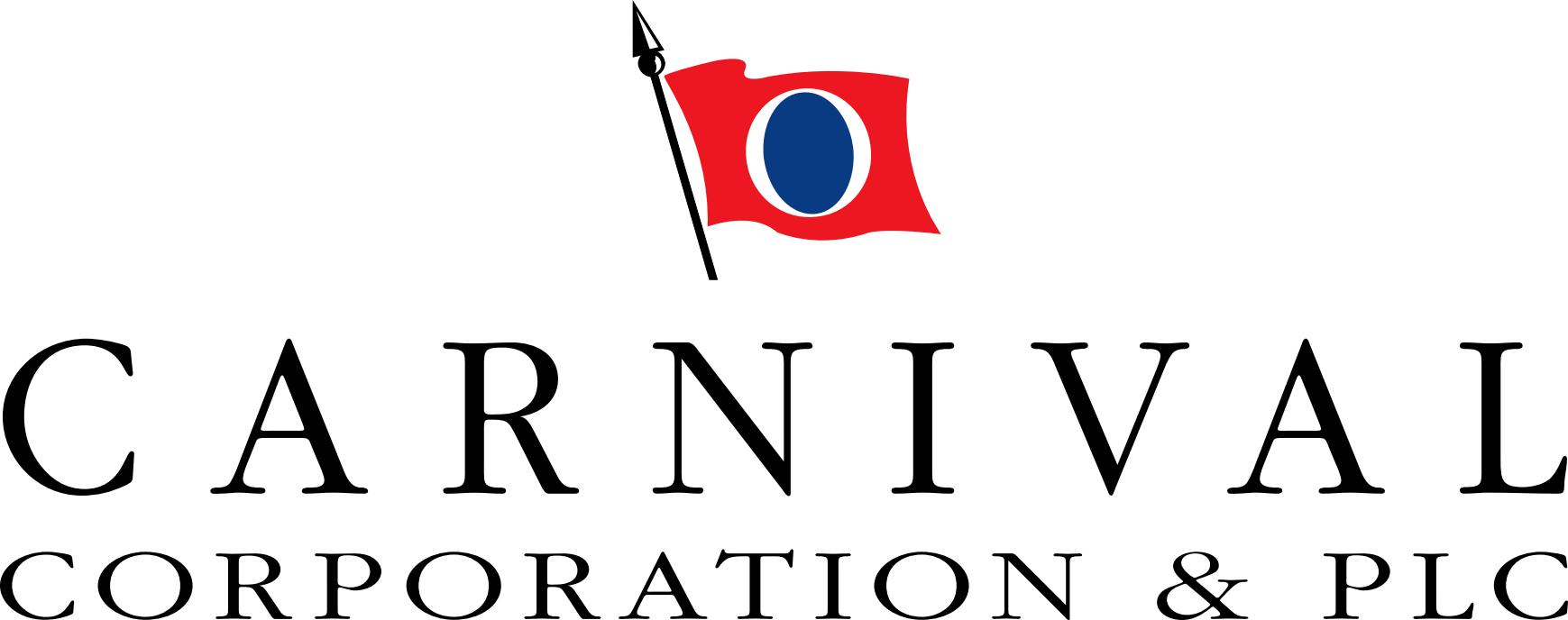Carnival Corporation: the eco-friendly cruise line
The world’s largest cruise line, Carnival Corporation, is setting ambitious targets to reduce the environmental impact of its ships

This article originally appeared on The New Economy
Carnival Corporation, the largest cruise line in the world, with 10 brands, is making major strides in its environmental and sustainability policies and practices. Last year, Carnival announced its plans to develop and deploy new exhaust gas cleaning systems, called ‘scrubbers’, across its fleet over the next several years, following successful trials of the technology. Carnival has committed over $180m to implement this new exhaust cleaning technology on vessels from Carnival Cruise Lines, Holland America Line, Princess Cruises and Cunard.
The US Environmental Protection Agency (EPA) and Coast Guard announced it had reached an agreement in principle with Carnival to develop this advanced new emission-control technology, to be used in waters around the US coasts. Under the agreement, the cruise line will develop and deploy the system on up to 32 ships over the next three years, to be used in Emission Control Areas (ECAs). The North American and US Caribbean ECAs create a buffer zone around the US and Canadian coasts where ships must reduce harmful emissions.
“This is a significant accomplishment as well as an important milestone for our company,” said Carnival Corporation CEO Arnold Donald. “Working together with the EPA, US Coast Guard and Transport Canada, we have developed a breakthrough solution for cleaner air that will set a new course in environmental protection for years to come.” Carnival has been a partner in the development of this technology and will take the lead in refining both design and installation aspects on ships with a variety of engine configurations between now and mid-2016.
The new controls combine sulphur oxide (SOx) scrubbers with diesel particulate filters – thus combining technologies well known in the power plant and automotive sectors, but not previously used together on a marine vessel. For the first time, this combination is being developed to accommodate the restricted space on existing ships.
Flexibility in the standard
The technological advances spurred by these programmes will provide an opportunity for ECA compliance at a significant (50 percent or greater) reduction in cost, and may yield emission reductions beyond those required by current requirements. The advanced technology can also provide additional benefits in the reduction of particulate matter and black carbon.
Click here to continue reading about Carnival on The New Economy

